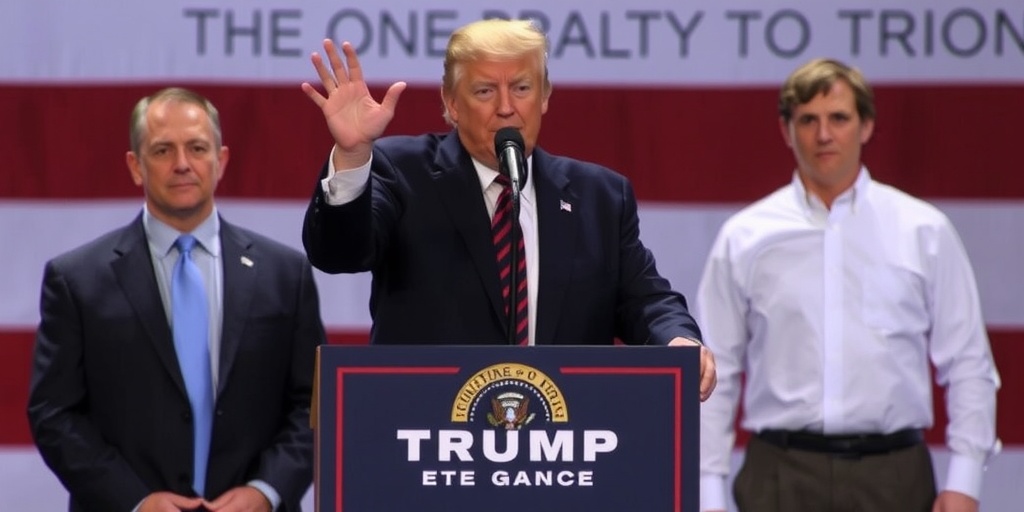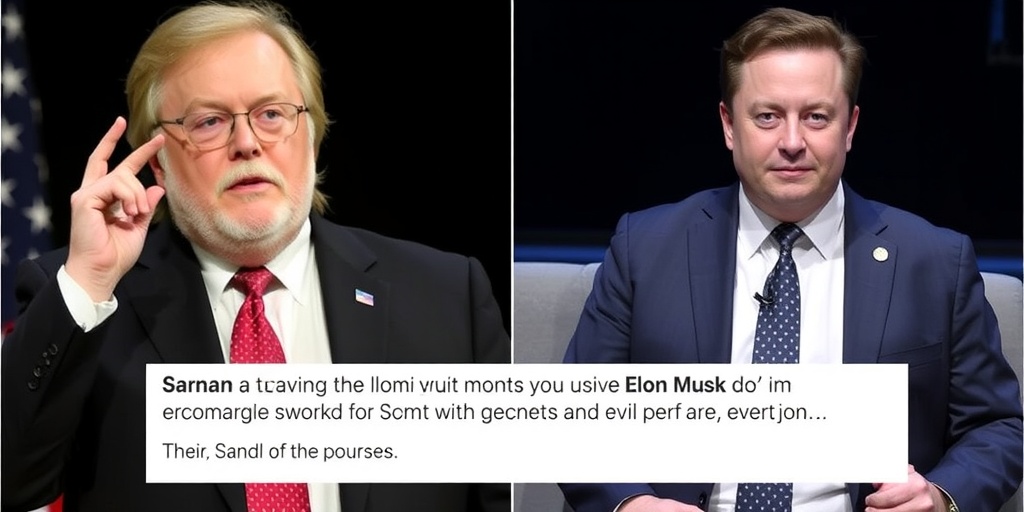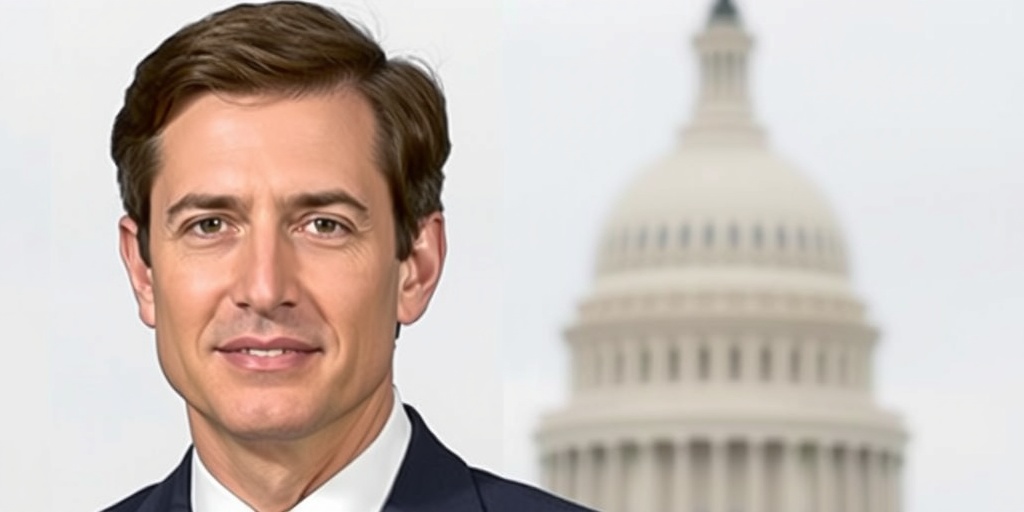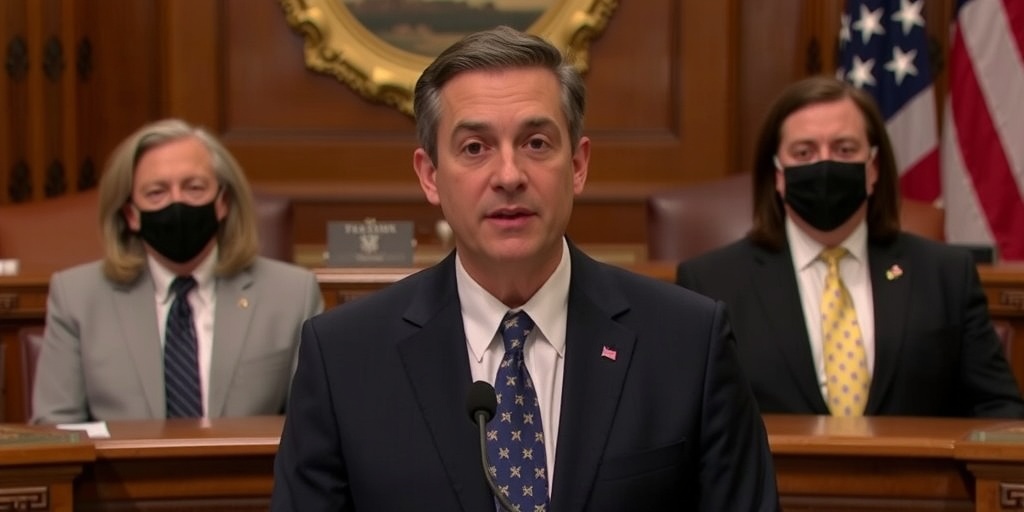Now Reading: State Dept. to Close Overseas Missions and Cut Staff
-
01
State Dept. to Close Overseas Missions and Cut Staff
State Dept. to Close Overseas Missions and Cut Staff
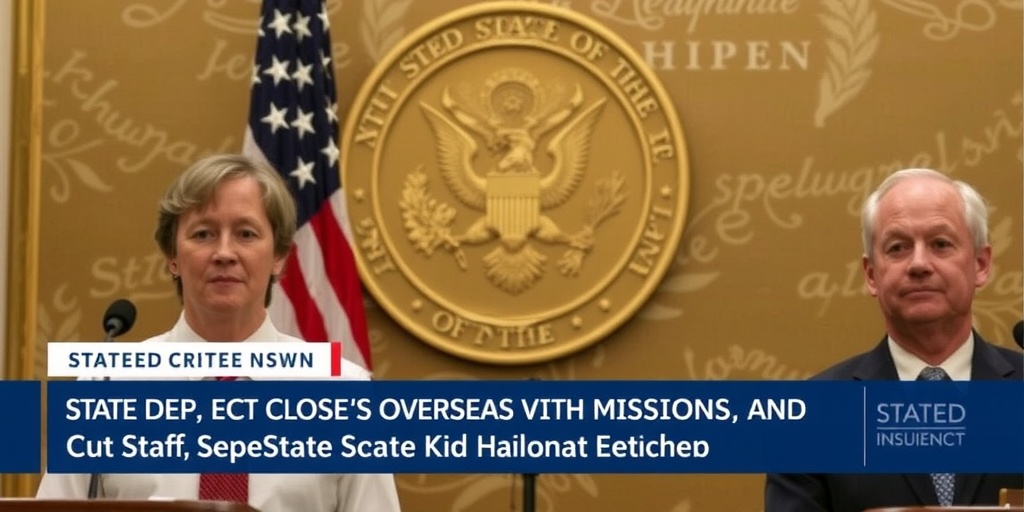
U.S. State Department Considers Significant Cuts to Diplomatic Missions
American officials have disclosed that senior State Department officials are formulating plans to shutter approximately a dozen consulates abroad by this summer, with deliberations on potentially closing numerous additional missions. This initiative could significantly hamper U.S. efforts to forge global partnerships and gather crucial intelligence, say sources within the government.
Part of this strategy also entails laying off a substantial number of local employees who support these diplomatic missions. These local citizens represent about two-thirds of the State Department’s workforce and are vital in providing U.S. diplomats with essential insights into their respective environments.
The proposed reduction of diplomatic posts aligns with President Trump’s broader initiative to streamline federal operations and his “America First” foreign policy approach. This approach involves diminishing or eliminating traditional methods of exerting U.S. global influence, including efforts related to democracy, human rights advocacy, and foreign aid.
The proposed closures come at a time when China, America’s main rival, has surpassed the United States in the number of global diplomatic missions. Reports indicate that China has successfully established strong ties with many nations, particularly in Asia and Africa, and is enhancing its influence within international organizations.
The prospect of extensive mission closures—particularly of entire embassies—raises concerns among various sectors of the federal government regarding potential setbacks to U.S. national security. Embassies facilitate collaboration among military, intelligence, law enforcement, health, commerce, trade, and treasury officials, all of whom are responsible for monitoring developments in host nations. They also work with local authorities to combat threats ranging from terrorism to public health crises.
Reports suggest that anxiety is pervasive within the CIA in response to the anticipated cuts. A majority of American intelligence officers operate out of embassies and consulates, utilizing diplomatic cover. The closure of these posts could limit the CIA’s ability to deploy operatives effectively.
Compounding these challenges are ongoing issues within the State Department, which is experiencing significant attrition among senior staff amid a hiring freeze. A recent five-week course designed for departing senior career diplomats has attracted around 160 participants, marking one of the largest groups of retiring officers in recent memory. Within the first two months of the year alone, approximately 700 employees have submitted resignation papers, a striking contrast to the pre-2025 annual figure of about 800 resignations.
Efforts to economize within the State Department are reportedly connected to a mission targeting what is described as government waste. A team led by Elon Musk has embedded itself within various government agencies, seeking to identify inefficiencies and opportunities for budget reductions. Among the team is Edward Coristine, a young engineer whose significant role in directing these budget cuts has raised eyebrows.
According to a memo circulating among State Department officials, the proposed cuts primarily focus on closing a dozen consulates, mainly located in Western Europe—an action that coincides with Trump distancing the U.S. from its traditional democratic allies in favor of a stronger relationship with Russia. Despite having 271 global diplomatic posts, the U.S. currently maintains a slight advantage in Europe over China, which boasts 274 diplomatic missions.
Recently, the State Department notified two congressional committees regarding the intended closures, including a specific consulate in Gaziantep, Turkey, which has served as a hub for U.S. efforts in supporting Syrian refugees and coordinating humanitarian aid. Although these consulates are small—typically staffed by one to two American diplomats and a team of local citizens—they play a crucial role in information collection and visa issuance.
In mid-February, Secretary of State Marco Rubio issued a directive to chiefs of mission emphasizing that staffing should be minimized to only what is necessary to execute the president’s foreign policy goals. This order includes measures to eliminate positions that have remained vacant for two years or more.
A communication dispatched from the State Department to its global missions instructed employees to search for “waste, fraud, and abuse,” echoing Musk’s justification for sweeping government cuts. Furthermore, the current proposal suggests that operations of shuttered embassies could be consolidated within other embassies in the region or taken over by a centralized mission hub.
Despite these drastic proposals, sources within the State Department express doubts about the actual implementation of the cuts, given the sensitive nature of diplomatic operations and the potential implications for U.S. foreign policy. Marco Rubio has indicated that while the agency must evolve to address contemporary global challenges, the intended changes should not be perceived as destructive or punitive.
Tensions within the department are amplified by Rubio’s perceived acquiescence to Trump’s policies regarding Ukraine and Russia, raising questions about his commitment to traditional diplomatic values. With the State Department employing around 76,000 individuals—50,000 of whom are local employees operating abroad—the potential for rounds of layoffs looms large, further complicating the state of U.S. diplomacy in an increasingly complex global landscape.
Stay Informed With the Latest & Most Important News
Previous Post
Next Post
-
 01New technology breakthrough has everyone talking right now
01New technology breakthrough has everyone talking right now -
 02Unbelievable life hack everyone needs to try today
02Unbelievable life hack everyone needs to try today -
 03Fascinating discovery found buried deep beneath the ocean
03Fascinating discovery found buried deep beneath the ocean -
 04Man invents genius device that solves everyday problems
04Man invents genius device that solves everyday problems -
 05Shocking discovery that changes what we know forever
05Shocking discovery that changes what we know forever -
 06Internet goes wild over celebrity’s unexpected fashion choice
06Internet goes wild over celebrity’s unexpected fashion choice -
 07Rare animal sighting stuns scientists and wildlife lovers
07Rare animal sighting stuns scientists and wildlife lovers













